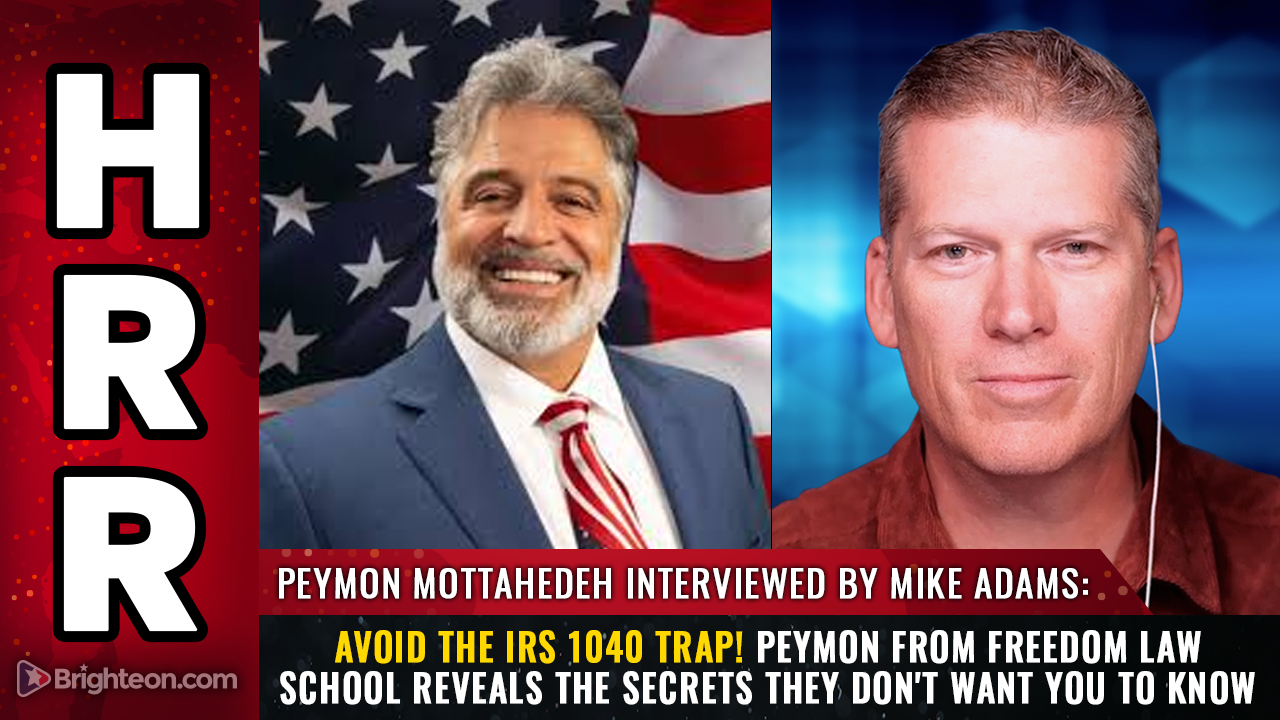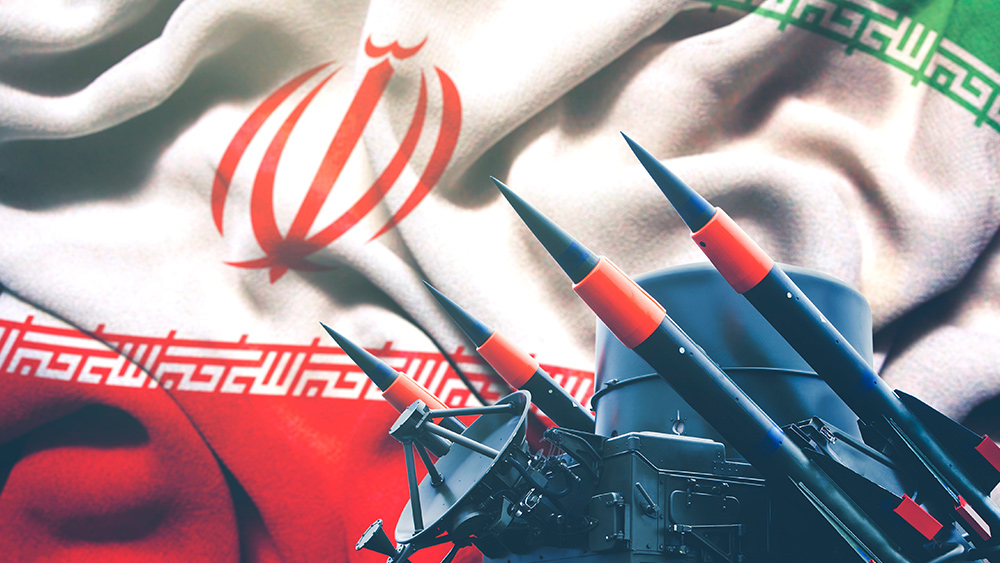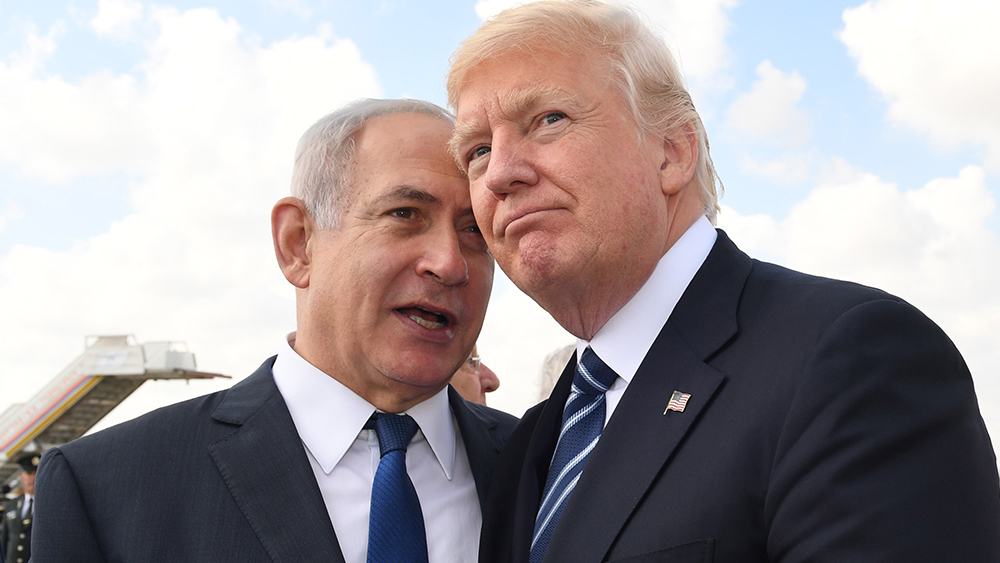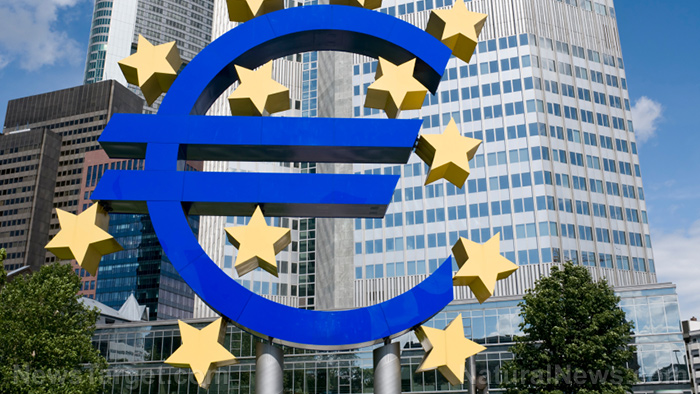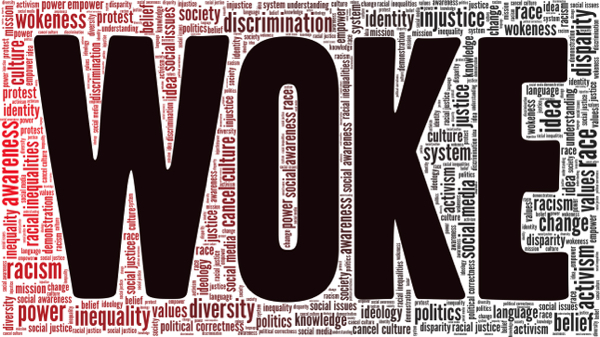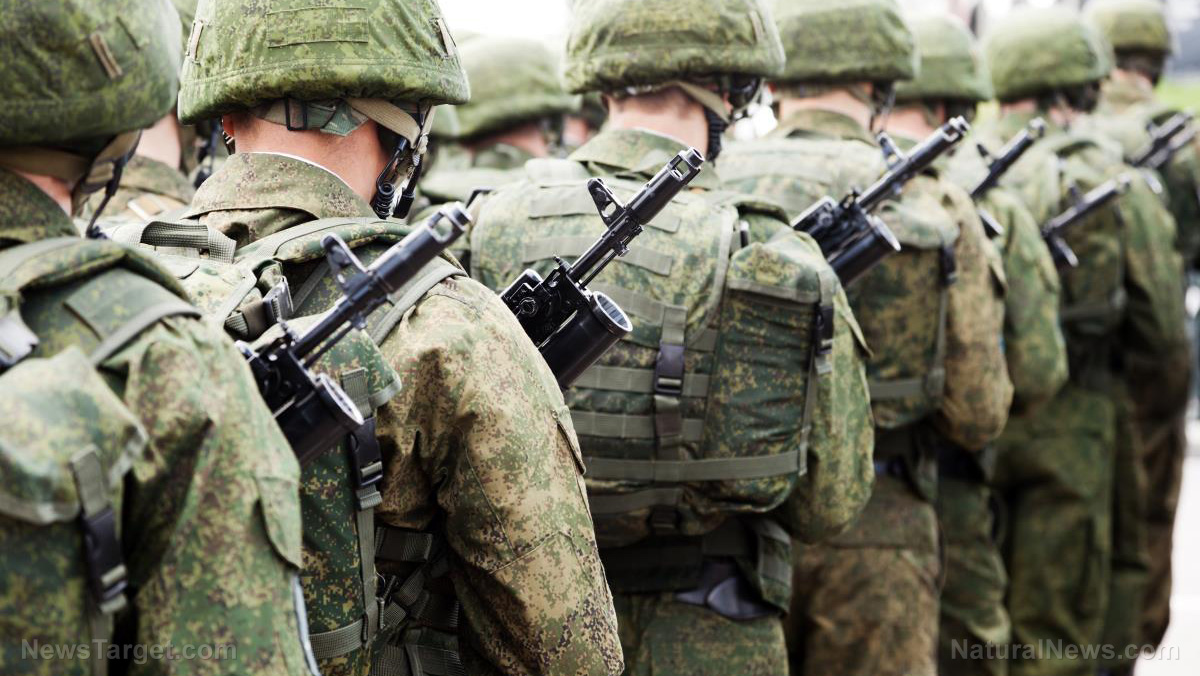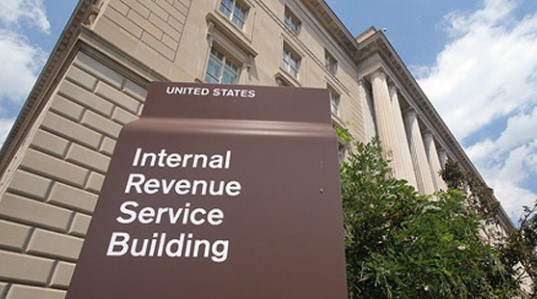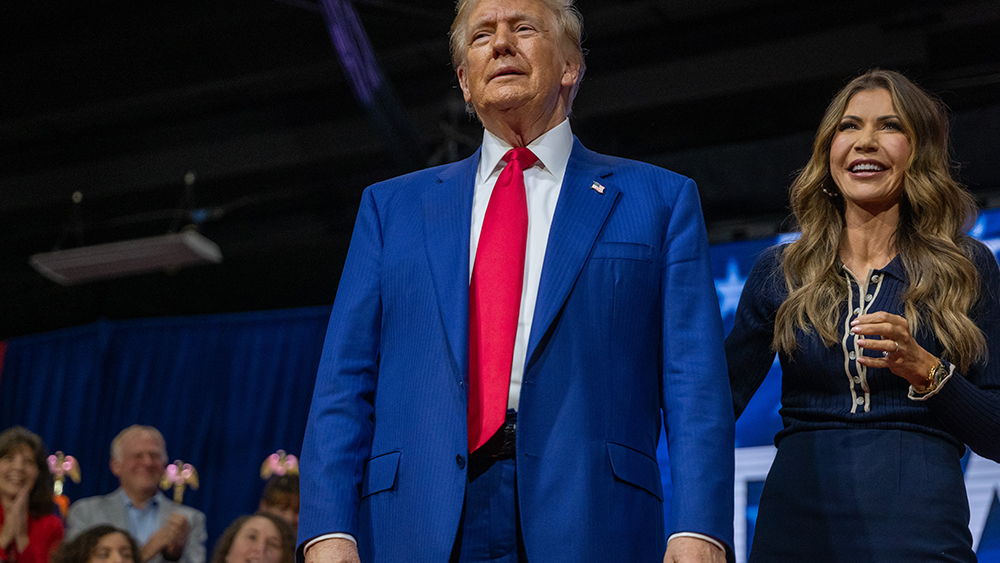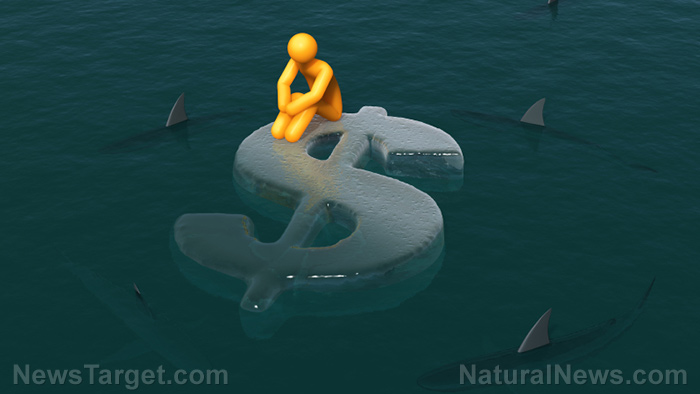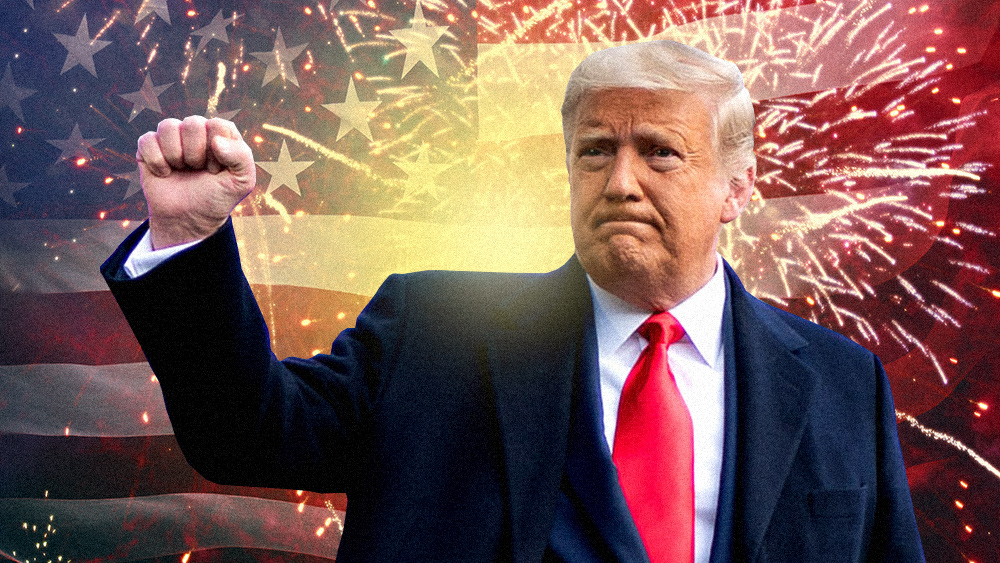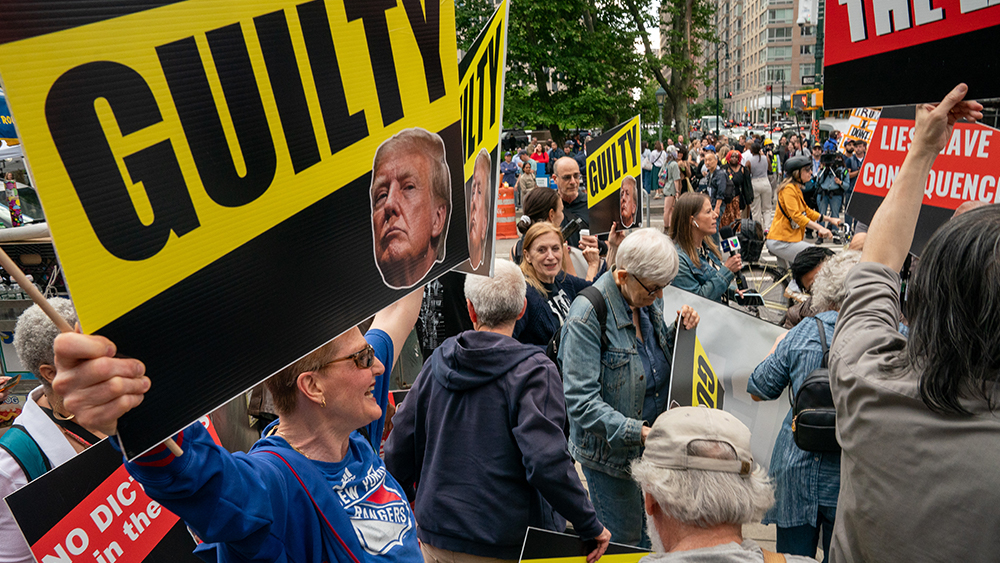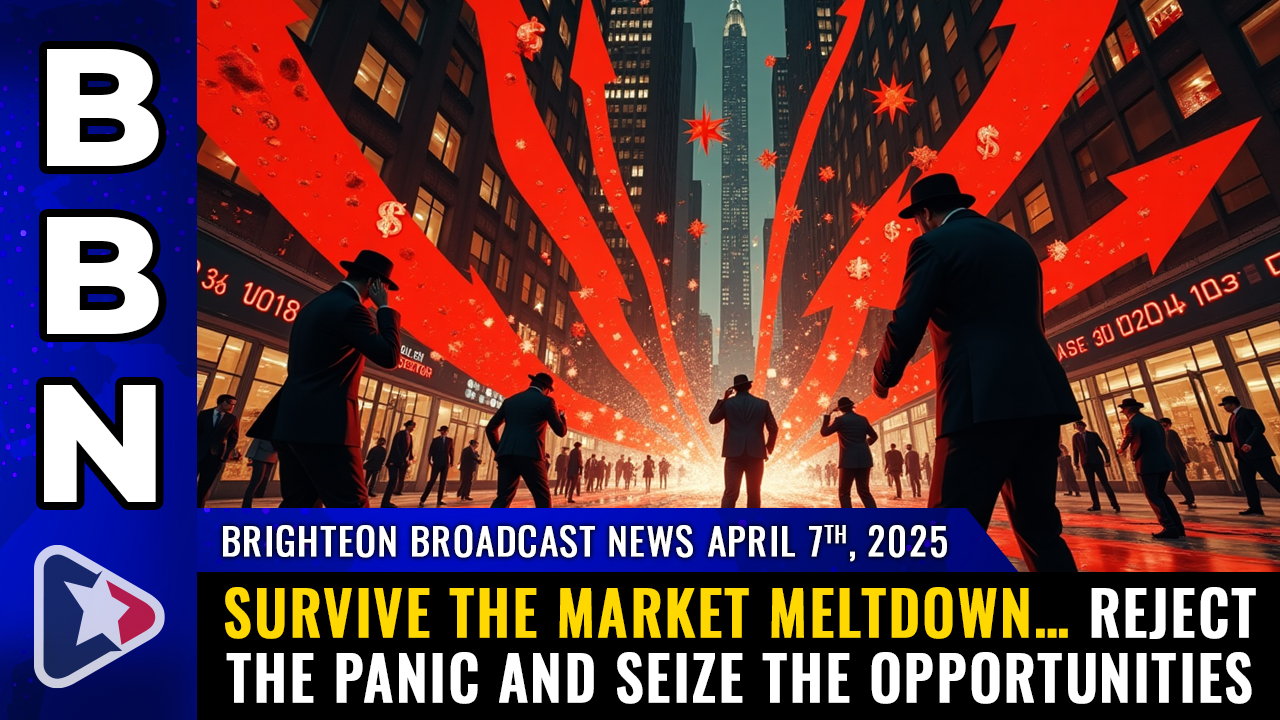Trump warns of harsher tariffs on Canada, EU if they try to harm U.S. economy
04/06/2025 / By Laura Harris
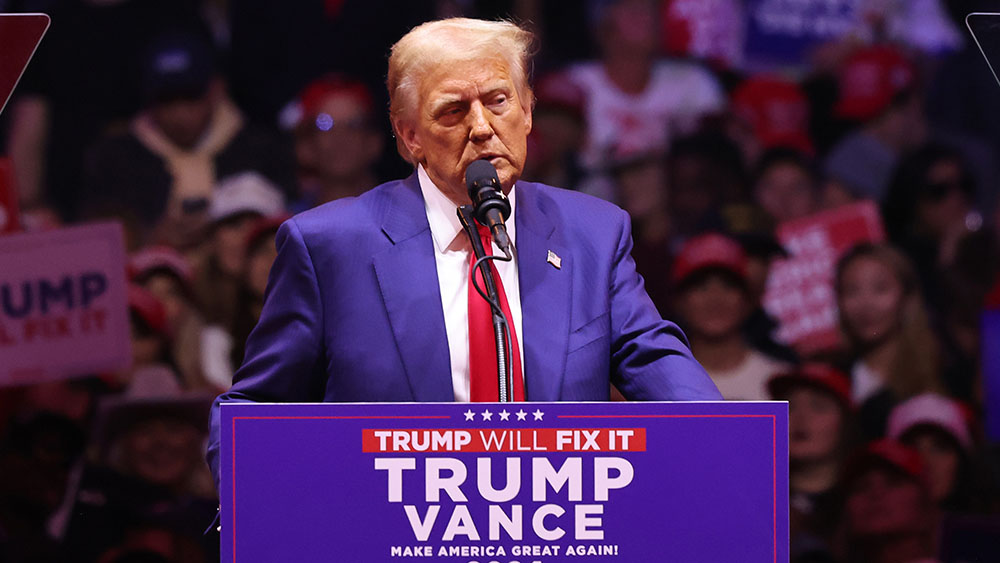
- U.S. President Donald Trump warned Canada and the EU of “large scale” tariffs if they retaliate against his new 25 percent auto import tariffs, set to take effect April 2, citing “national security” concerns.
- Canada has already imposed retaliatory tariffs on $60 billion worth of U.S. goods, while the EU signaled potential further action. Trump accused both of conspiring to harm the U.S. economy.
- Liberal Leader Mark Carney suspended his election campaign to address the tariffs, calling them a “direct attack” on Canadian workers. Opposition leaders also condemned the move but proposed differing responses.
- Canadian officials argued that the tariffs would hurt U.S. consumers and competitiveness, while Carney emphasized unity and protective measures for Canadian workers.
- Trump doubled down, threatening even steeper tariffs if Canada and the EU collaborate against U.S. interests, framing the U.S. as their “best friend” while adopting aggressive trade tactics.
U.S. President Donald Trump has warned Canada and the European Union (EU) of “large scale” tariffs if they retaliate against his latest round of trade measures targeting auto imports.
On March 26, Trump signed an executive order imposing 25 percent tariffs on all foreign-made cars and light trucks, which later took effect on April 2. The order excludes U.S.-made parts in foreign vehicles but claims the move is necessary to protect the American auto industry, which it describes as “vital to national security” and weakened by “excessive imports.”
This latest escalation builds on existing U.S. tariffs, including a 25 percent levy on all Canadian goods, additional duties on steel and aluminum and a 10 percent charge on Canadian energy imports. The U.S. is also preparing to implement global “reciprocal” tariffs on all foreign imports starting April 2, the same day the auto tariffs kick in.
Canada has already responded with countermeasures, imposing tariffs on nearly $60 billion worth of American goods in retaliation for earlier U.S. trade actions. The EU has also signaled it may take further steps if the auto tariffs proceed.
In line with this, Trump accused the EU and Canada of plotting to harm the U.S. economy and vowed to impose even steeper tariffs in response. (Related: Canada-U.S. trade war escalates: Maxime Bernier warns against tariffs, calls for free trade revival.)
“If the European Union works with Canada in order to do economic harm to the USA, large scale tariffs, far larger than currently planned, will be placed on them both in order to protect the best friend that each of those two countries has ever had!” Trump posted on his Truth Social platform on March 27.
Canadian leaders condemn Trump’s tariffs on their auto exports
The warning came after several Canadian leaders condemned the tariffs.
On March 26, Liberal Leader Mark Carney suspended his election campaign to convene an emergency cabinet committee meeting on Canada-U.S. relations after the Trump administration announced sweeping new tariffs on Canadian auto exports.
Carney, who retains caretaker responsibilities as prime minister during the election campaign, was originally scheduled to campaign in Quebec City but instead headed back to the capital to address what he called a “direct attack” on Canadian workers.
Under caretaker conventions, an outgoing government is expected to limit major decisions during an election unless they are routine, urgent, or in the public interest. Carney argued that the tariffs, which could devastate Canada’s auto sector, warranted immediate action.
“Ties of kinship, ties of commerce, ties that are in the process of being broken,” he said that night. “This will hurt us but through this period, by being together, we will emerge stronger. We will take steps that are in the interests of Canadian workers. We’ll fight in a unified way.”
Similarly, Finance Minister François-Philippe Champagne, who is campaigning for reelection in Saint-Maurice—Champlain, echoed Carney’s stance. He argued that Trump’s tariffs would backfire by raising U.S. consumer prices and reducing competitiveness.
Opposition leaders also condemned the tariffs, though they differed on how to respond. Conservative Leader Pierre Poilievre called them “unjustified and unprovoked,” while NDP Leader Jagmeet Singh demanded retaliatory measures. Yves-Francois Blanchet. leader of Bloc Quebecois, proposed counter-tariffs on U.S. goods to fund support for affected Canadian businesses.
Head over to Trump.news for related news.
Trump should put the tariffs on immediately, expert says. Watch this video.
This video is from the NewsClips channel on Brighteon.com.
More related stories:
Tariffs can end globalism (but they come with a cost).
Trump signals willingness to ease China tariffs in push for TikTok deal.
Trump’s 25% auto tariffs: A bold move to strengthen U.S. manufacturing despite short-term challenges.
Trump’s tariffs: A necessary shield for U.S. industry, but at what cost to allies like Australia?
Sources include:
Submit a correction >>
Tagged Under:
big government, Canada, economy, EU, government debt, market crash, national security, pensions, risk, supply chain, tariffs, trade wars, trafficking, Trudeau, Trump
This article may contain statements that reflect the opinion of the author
RECENT NEWS & ARTICLES
COPYRIGHT © 2017 WHITE HOUSE NEWS


